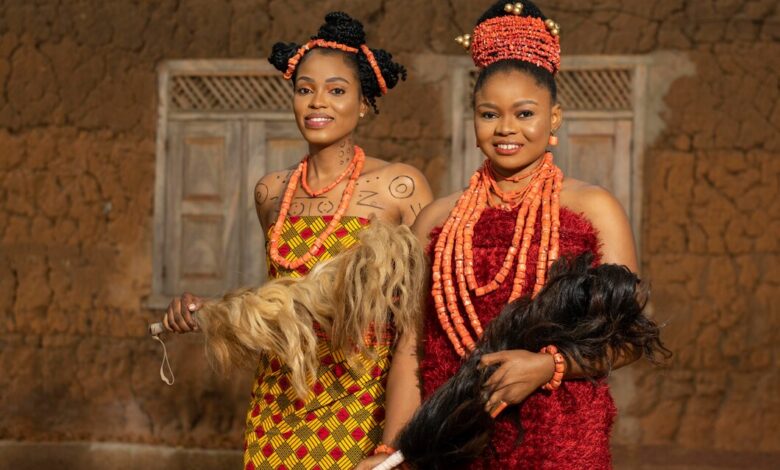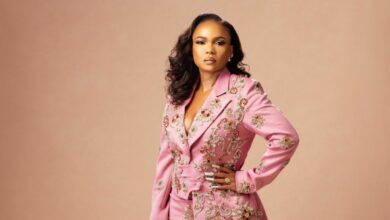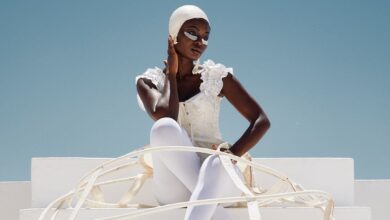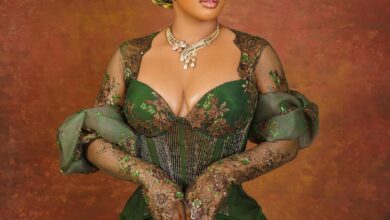Nigeria’s Most Popular Traditional Attire

Nigeria, with its rich cultural diversity and vibrant heritage, boasts a dazzling array of traditional clothing that reflects the nation’s history, ethnic diversity, and contemporary fashion trends. These traditional attires are not just garments; they are symbols of identity, status, and cultural pride for Nigerians across different regions and ethnic groups.
Agbada: Regal Elegance
One of the most iconic traditional outfits in Nigeria is the Agbada. Known for its grandeur and elegance, the Agbada is predominantly worn by men for special occasions such as weddings, festivals, and ceremonies. This three-piece ensemble typically consists of a wide-sleeved flowing robe (agbada), trousers (sokoto), and a matching hat (fila). Agbada often features intricate embroidery and is available in a variety of fabrics ranging from richly patterned cotton to luxurious silk, making it a symbol of affluence and cultural heritage.
Ankara: Vibrant and Versatile
Ankara fabric, also known as African wax print, is celebrated not just in Nigeria but across the African continent for its bold patterns and vibrant colors. This fabric is used to create a wide range of traditional outfits, including dresses, skirts, blouses, and even men’s shirts and trousers. Ankara designs often carry symbolic meanings, with patterns and colors reflecting aspects of Nigerian culture, folklore, and history. The versatility of Ankara makes it suitable for both everyday wear and special occasions, allowing Nigerians to express their cultural pride in a contemporary fashion context.
Dashiki: Symbol of African Identity
Originally from West Africa, Dashiki has become a popular traditional attire choice in Nigeria, especially for men. It is characterized by its loose-fitting shape, intricate embroidery or print designs, and vibrant colors. Dashiki shirts are often worn with matching trousers or paired with Western-style jeans for a blend of traditional and modern fashion. The Dashiki’s popularity extends beyond Nigeria’s borders, embraced by the global African diaspora as a symbol of cultural identity and pride.
Aso-oke: Heritage Woven
Aso-oke, a traditional hand-woven fabric, holds a special place in Nigerian ceremonies and celebrations. Originating from the Yoruba people of southwestern Nigeria, Aso-oke is traditionally worn by both men and women during weddings, festivals, and other significant cultural events. It comes in a variety of patterns and colors, with each design often carrying symbolic meanings and reflecting the wearer’s social status and cultural identity. Aso-oke attire ranges from elaborate ceremonial robes to everyday garments, showcasing the craftsmanship and artistic traditions of Nigeria’s diverse ethnic groups.
Nigeria’s traditional clothing not only reflects the country’s cultural diversity but also serves as a vibrant testament to its rich history and heritage. From the regal Agbada to the colorful Ankara and the symbolic Aso-oke, each traditional attire carries deep cultural significance and plays a vital role in preserving and promoting Nigeria’s cultural identity. These garments not only adorn individuals but also serve as a bridge between generations, connecting Nigerians to their roots while embracing contemporary fashion trends. As Nigeria continues to evolve, its traditional attire remains a timeless expression of pride, identity, and cultural heritage.




